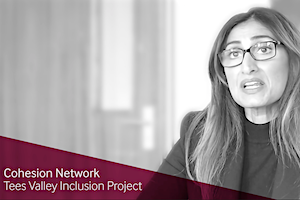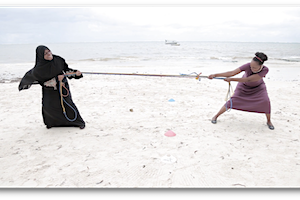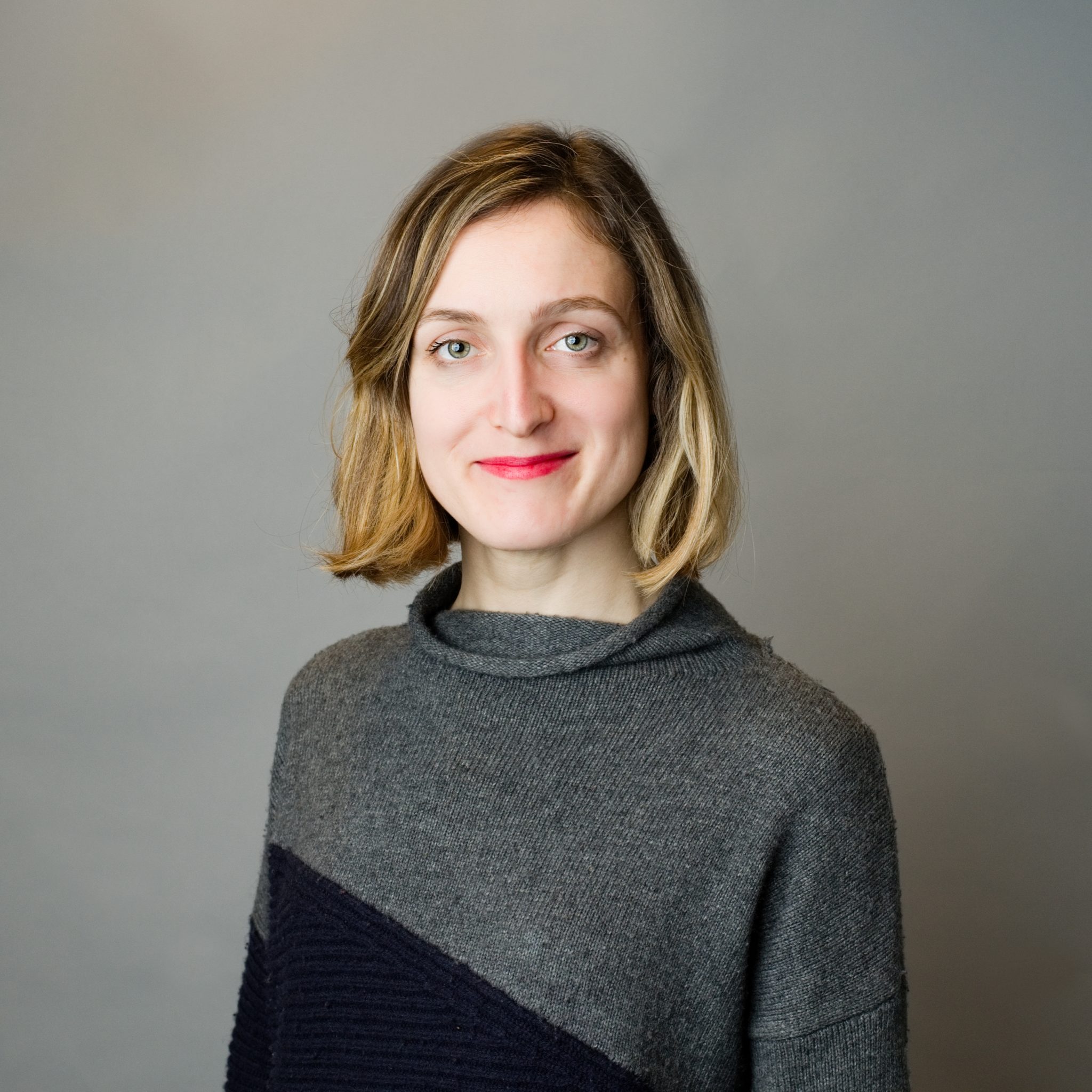Misogyny
Misogyny is not only a tool of extremist ideologies, it is a form of extremism itself
ISD’s work on hate, extremism and disinformation consistently seeks to put the agency and victimisation of women in focus.
Our early work on extremism produced ground-breaking research in the participation of women in extremist movements, such as Islamic State, through our Women and Extremism programme. Our counter-extremism work has since documented the particular way misogyny is used as a tool to further extremist ideologies. This extends to a wide range of harms against women, including domestic violence.
In Kenya, we helped civil society organisations produce anti-misogyny messaging during the 2017 elections, as local partners identified violence against women as a serious problem during political campaigns. These messaging efforts, which reached 4.6 million Facebook users in the country, are highlighted in the ISD report, Between Two Extremes.
Through initiatives supported by Google.org and others, such as the £1m Google Innovation Fund (2018) and the €10m Google Impact Challenge on Safety (2019), we have funded projects that have addressed misogynistic attitudes in the UK and Europe. One of them, a project by the Tees Valley Inclusion Network, helped increase resilience for BME women and girls who have experienced illegal cultural harms and domestic violence, developing new approaches to tackle the challenges that face survivors via a digital safe space, offering training and improving confidence to report hate crimes and receive support.
In 2019, ISD published Mapping Hate in France: A Panoramic View of Online Discourse, a data-driven overview of a variety of forms of hateful speech online in France that identified just under 7 million instances of online hateful speech against women; lesbian, gay, bisexual, transgender and queer (LGBTQ) communities; people with disabilities; and French Arab communities. This included approximately 5.4 million instances of misogynistic hateful speech.
In 2020, during the US election campaigns, we provided cutting edge research about online misogynistic trends being used by political actors and disinformation agents, including the abuse of female candidates for public office. The findings were documented in the ISD report, Public Figures, Public Rage: Candidate abuse on social media. The report highlighted a marked difference in the nature of the abuse directed towards female and male candidates: while men mostly received generalised attacks (about their political stances), abuse directed at women tended to be gendered and highly personal.
Finally, ISD is conducting digital research into the “manosphere”, an umbrella term referring to interconnected misogynistic communities online. Our research looks at broader male supremacist discourse, men’s rights activism (MRA) and “involuntary celibates” (incels), analysing the terminology and narratives perpetuated by these communities and the scope and scale of related content online. This research is available upon request.

Documented abuse of female candidates
tracked by ISD in “Public Figures, Public Rage”

Tees Valley Inclusion Project
supported by ISD’s Innovation Fund, 2018

Still from campaign against gender violence
Mombasa, Kenya, 2017
ISD’s Gender team

Jacob Davey
Director of Policy & Research, Counter-Hate






Charlotte Moeyens
Senior Manager, Networks & Civic Action



Charlotte Moeyens
Senior Manager, Networks & Civic Action



Cécile Simmons
Research Manager



